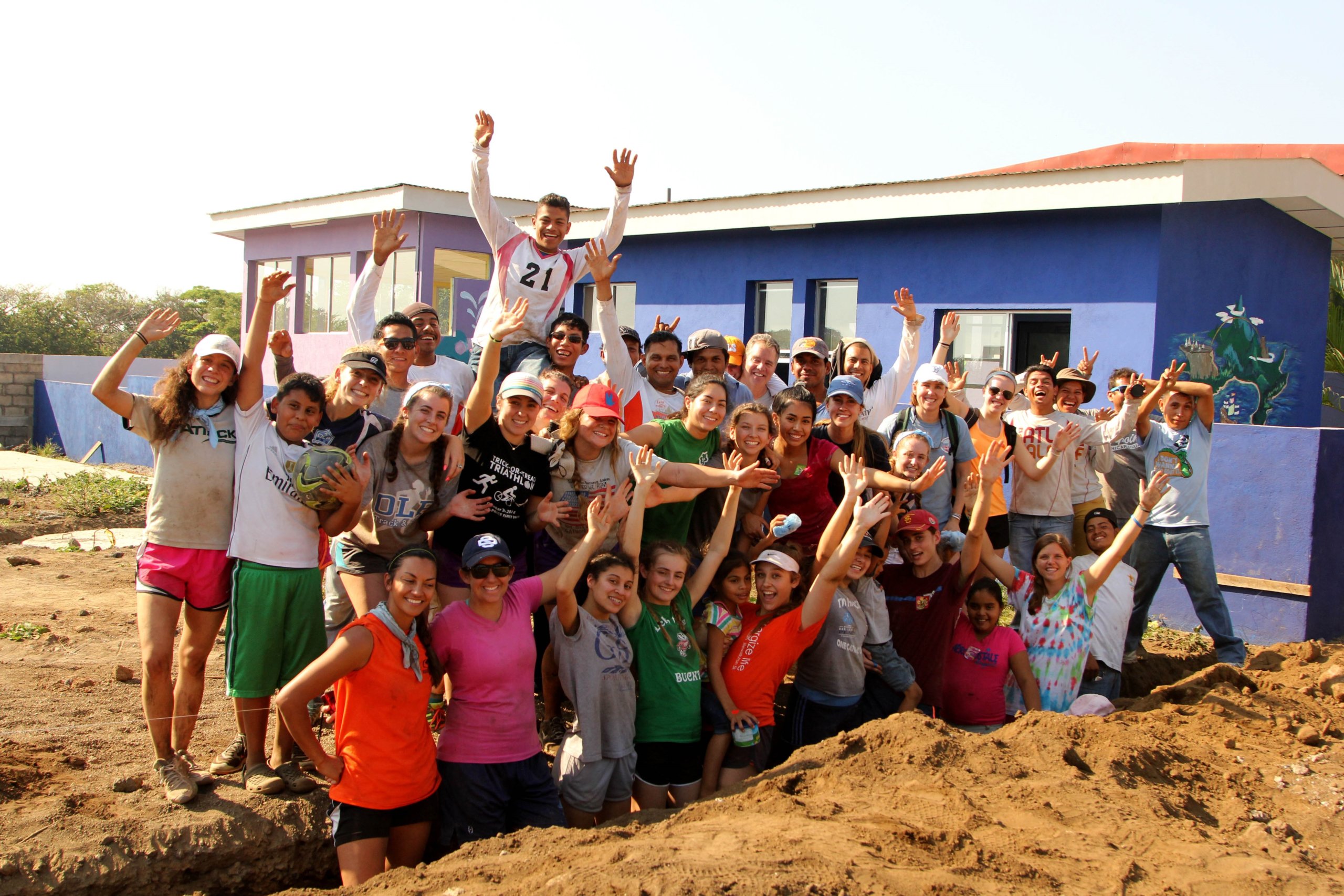
I recently went to Nicaragua to visit my daughter Paige, who is one of the leaders of a mission-based organization working to bring steady supplies of water to undeveloped communities. Each week, a new group arrives from some church, school, or the like, to spend their week on this mission.
When I arrived, a group of high school girls were just finishing their mission week, and I sat in on their Friday night “Reflections and Farewells.” I had been in this same spot myself on several occasions, and hearing the impact that this week had on these young ladies was joyful. Near the end of the reflection time, my daughter asked if anyone was angry when, on the first day, their teachers asked each of them to give up their cell phones while on mission. (This is not a requirement of the mission, but more of a challenge from the teachers who had accompanied these girls on the trip.) There were quite a few hands raised answering “yes” to that question.
Paige then asked how they fared, and would anyone share their reflection on being without a cell phone.
It was this next discussion that became a leadership eye-opener.
The first young lady to share provided this thought:
“I spend my day on my phone, always hearing what other people are doing. I don’t want to miss out on anything, so I am constantly checking to see what is going on. It took me two days to figure out that I no longer had it by my side and the need to look at it started to go away. I realized, once I no longer had to think about it, I felt a sense of freedom. The stress of keeping up with others was suddenly gone.”
Leadership requires capacity, and oftentimes, we diminish our own capacity by allowing external stressors to sap our energy. We can’t give energy to our teams, our colleagues, or even our families if we don’t have it. Finding ways to reduce habitual stressors can help us reserve our energy for more important things.
A second young lady then added:
“Because I wasn’t carrying my phone with me, I could put all of me in the moment. That meant that I was really listening to the Nicaraguans in their village. I noticed things I might have otherwise missed. I don’t speak Spanish, but I could watch with openness and more understanding because I was fully focused on them. I saw that even though they had very little, I could see so much in their eyes and their actions with each other. They were full of joy and love.”
Leadership is about being Present. When leaders are listening with both ears, engaging with their eyes, and utilizing all of their powers of observation, they not only learn more and see the whole picture, but they give the other person a sense of value. “I am here with you” is communicated by leaning in and truly listening with all senses. The power of Presence is the power to bring people to you and follow you. And you often need not say a word.
And the third comment I heard stunned me to a new awareness. She said:
“When you communicate through the use of your cell phone, text, or Facebook, you see the parts of people they want you to see, and those are usually the good and exciting things. When you connect with someone in real life, you get to see the person fully, know them fully, and care about them fully. Without the cell phone, you fully see.”
This last comment raised a leadership challenge for me. How do we really get to know people if we can’t fully see them? If we believe their talents and accomplishments are given to us in forms that can be packaged in a digital way, then how do we get beneath that and know them as who they really are?
Based on what I heard happen to these young ladies in five short days, I think we owe it to ourselves to leave the cellphones in our desk drawers when we go to a meeting or go to lunch. Without them by our sides, we can’t check them. We can’t even pretend to be polite with “let me turn this off,” all the while feeling them vibrate on silent inside our pockets.
We owe our full attention to those entrusted to us. Leadership needs to be earned every day. Getting to know our people and engaging with them, listening with all of our senses, is a leadership distinction. Perhaps instead of a 5-day body cleanse, we need to try a 5-day mind cleanse. We need to challenge ourselves to be unconnected, so we can get connected. Like these young ladies did, we can learn to “fully see.”
What will you change to help you “fully see” others?
